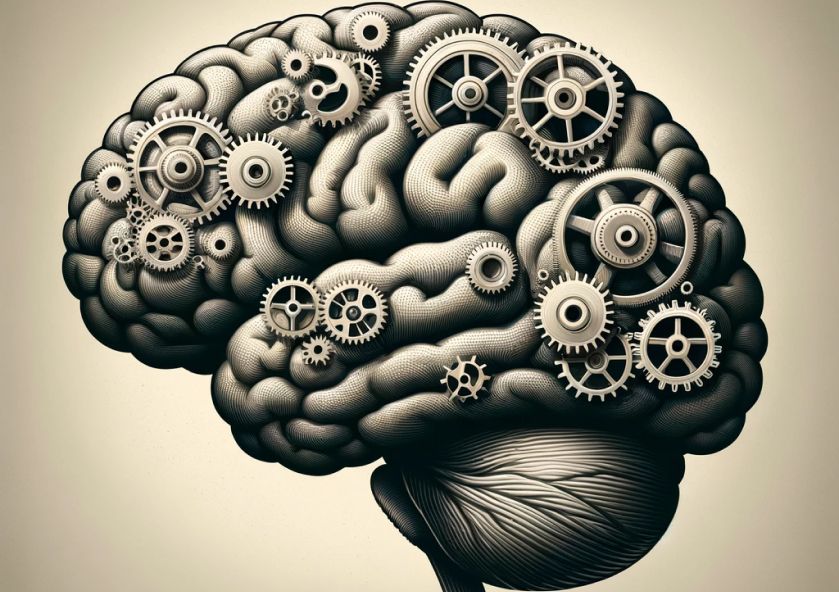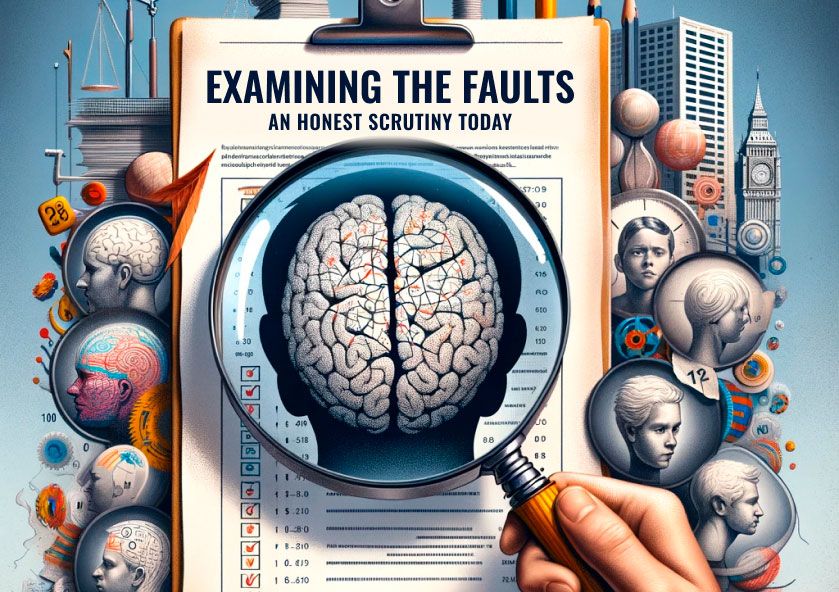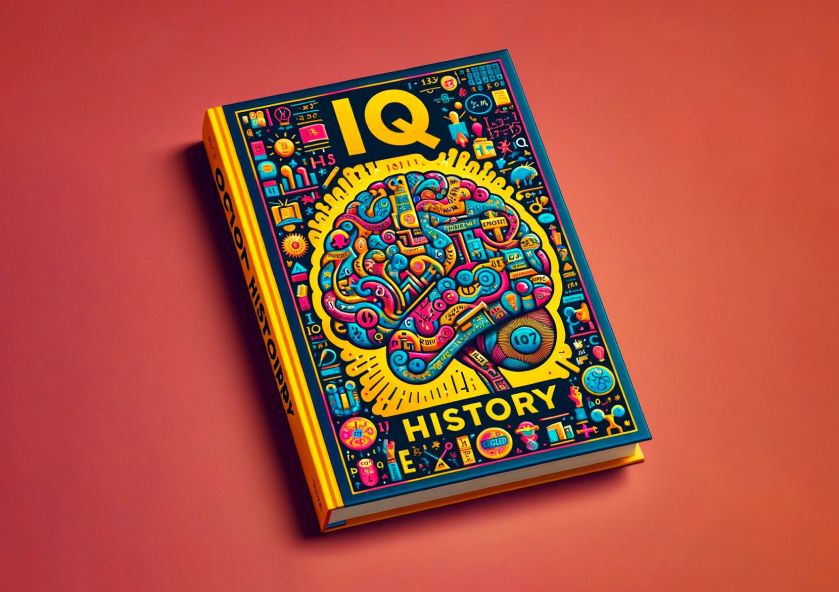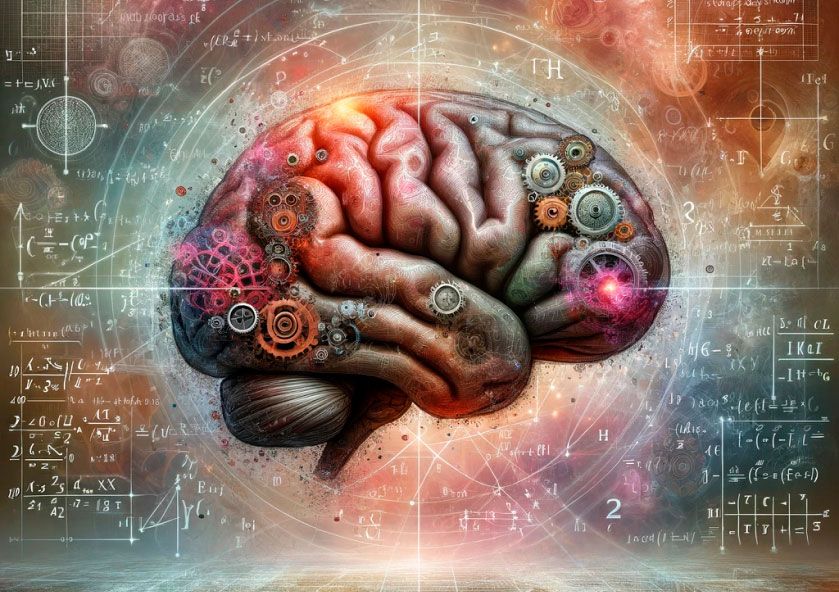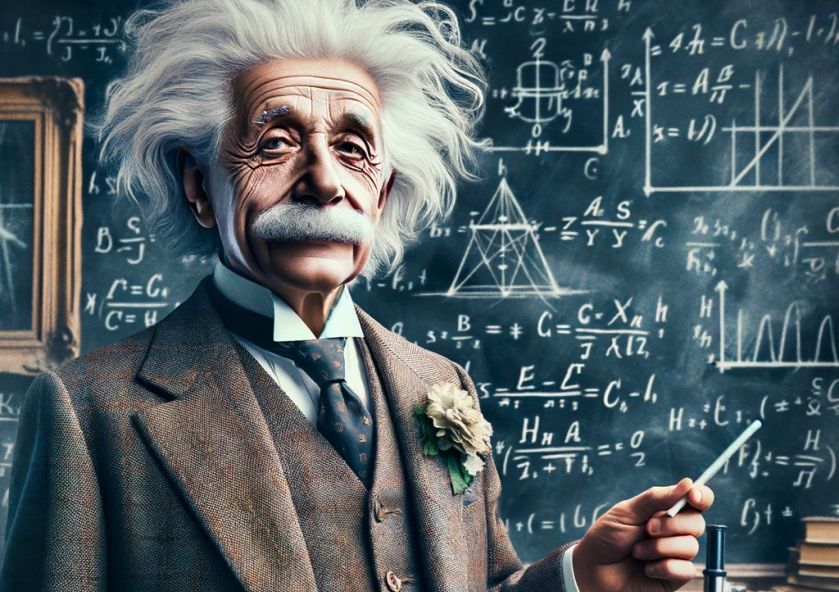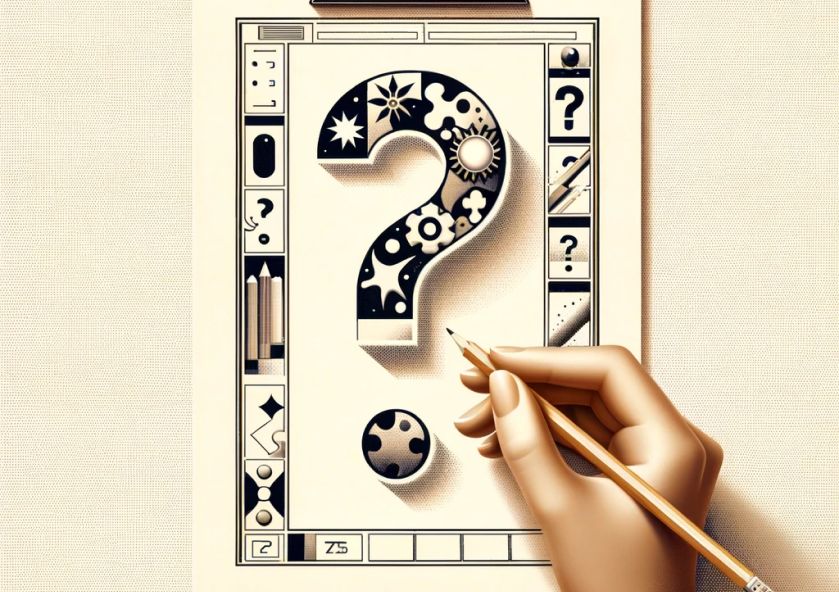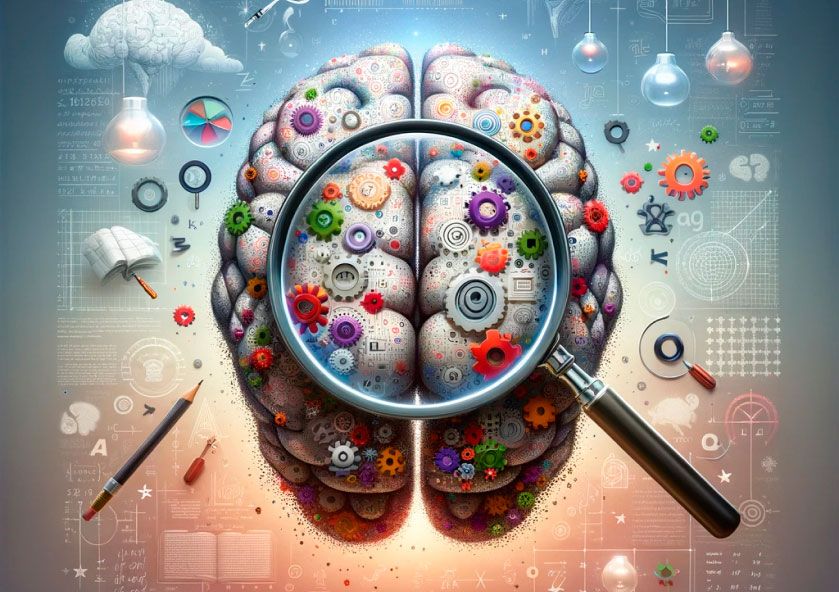Grasping the Essence of IQ Testing for Young Minds
The Weight of IQ Assessments
In addressing "do IQ tests mean anything," we dive into the core of understanding a child's mind. These tests, they're not just tools. They map out reasoning, problem-solving, memory. They're not the full story of intelligence, but they're not to be dismissed either. It's like trying to understand the ocean by just looking at the surface. There's depth, a whole world underneath.
IQ tests, they have their critics. Educators, psychologists, they debate. But the consensus? These tests, they're a piece of a larger puzzle, not the whole picture. They're like a single chapter in a book that tells a much larger story.
The How of Testing a Child's IQ
When you're looking at "how to test a child's IQ", it's about finding the right test. Professional, fair, age-appropriate. There are many kinds, each suited for different needs. It's like picking the right tool for a job, knowing that no single tool can do everything.
Parents, they want to understand their kids, see how they think. An IQ test, it's a start. It sheds light on how a child learns, shows their strengths, points to what they might need more help with. It's a compass, pointing a way, but not the only way.
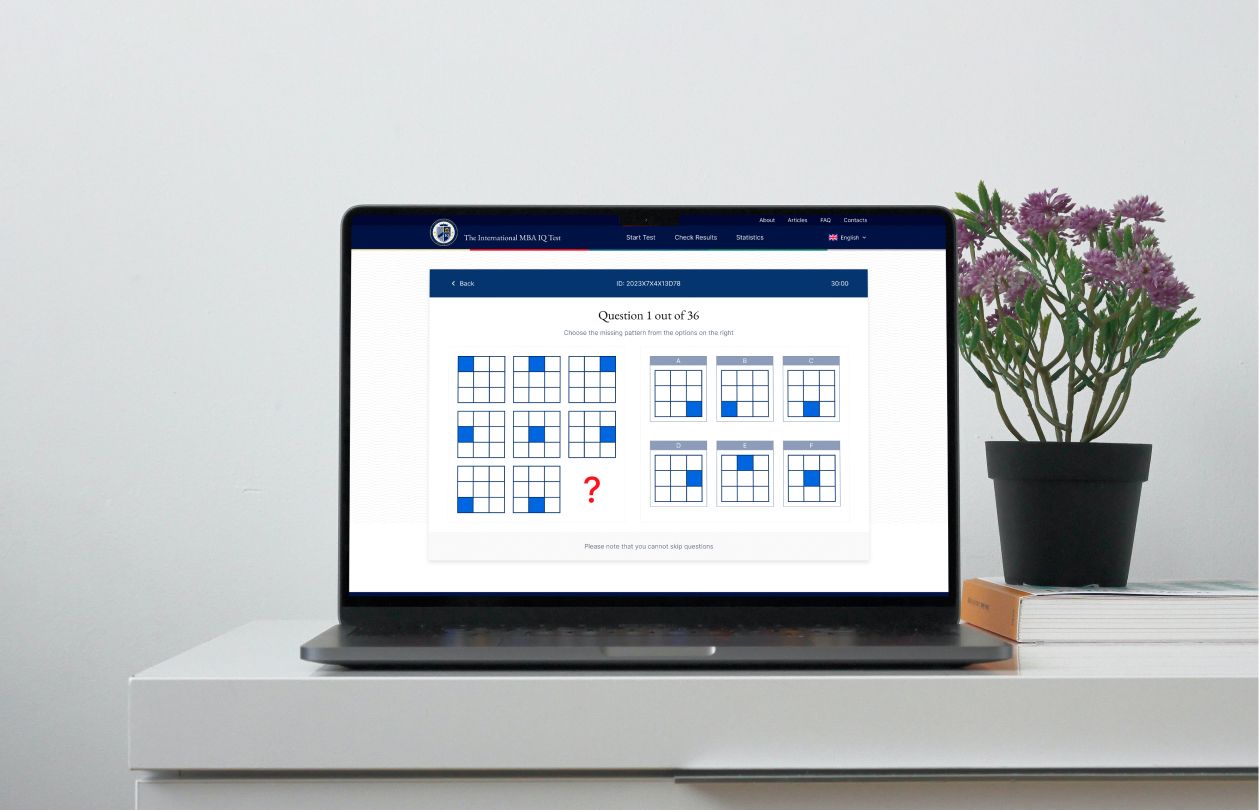
Deciphering IQ Scores
What is the average score on an IQ test? That's a question often asked. The average, it's set around 100, give or take 15 points. Most people fall into this range. Outside it, you're looking at something different. It's like measuring a mountain; not all can be Everest, nor should they be.
And what's a high IQ test score? Above 130. That's top 2%. It's seen as gifted. But remember, intelligence is more than a number on a test. It's like judging a fish by its ability to climb a tree.
Where to Test IQ
Parents often ask, "where can I get my child's IQ tested?" Schools, they might offer it. Private psychologists too. The key is finding someone reputable, experienced. It's a search for a guide who knows the terrain, understands the journey.
Why test a child's IQ? That's a question parents need to ask. The test, it's a guide. It helps in planning how to teach, in understanding a child's unique way of learning. It's like mapping the stars, not to limit the sky but to navigate it better.
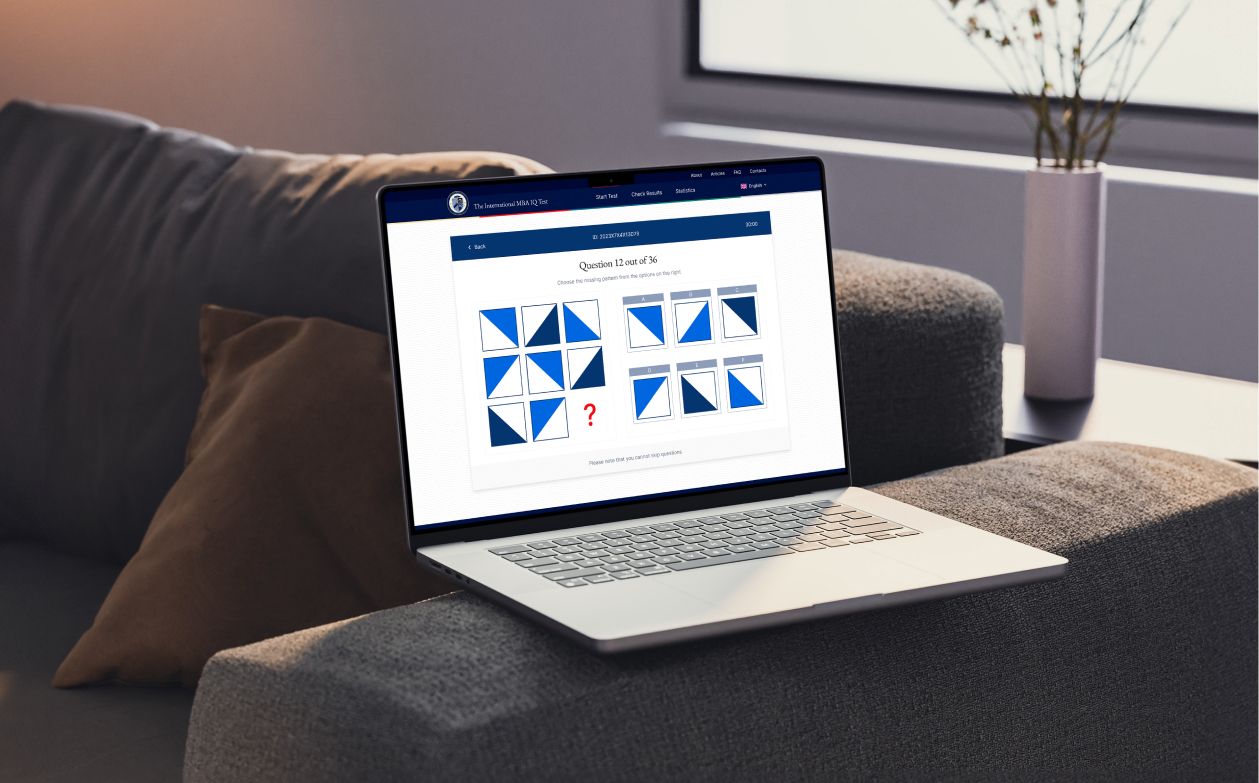
IQ Tests and True Intelligence
Lastly, "does IQ test really measure intelligence?" It's a complex thing. IQ tests, they look at certain skills. But intelligence, it's broad. Emotional smarts, creativity, practical skills. These tests, they don't catch all of that. They're a snapshot, not the entire film.
In the end, IQ tests are a part of understanding a child's mind. But they're just one part. They should be seen in the context of the whole, not as the entire truth. Like a single note in a symphony, it takes more to understand the music.





